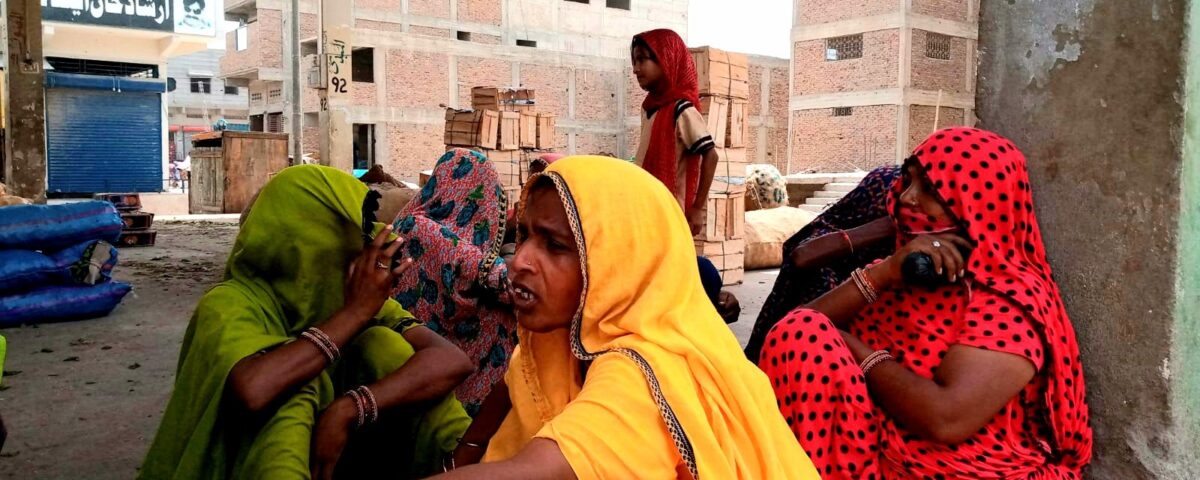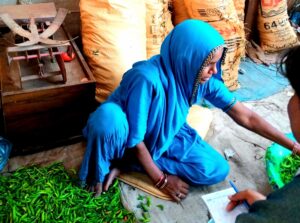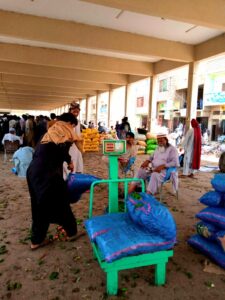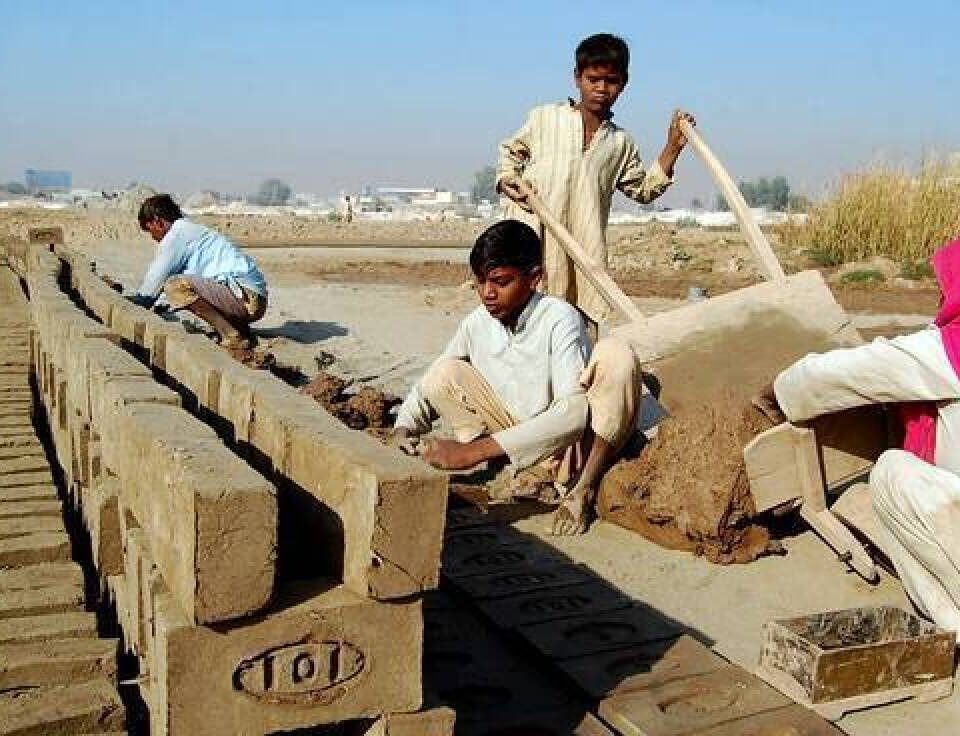Struggles and Hopes – Women Laborers in Hyderabad’s Vegetable Market

Exploring the Art and Science of Cosmetics: From Beauty Enhancement to Skin Care
November 14, 2023
Unveiling the Mystical Art Gallery of Time – The Makli
December 22, 2023Struggles and Hopes – Women Laborers in Hyderabad’s Vegetable Market

(Rana Malhi)
In the early morning, before the sun rises, Seeta Devi stands at Ganjo Takar Phatak of Hyderabad looking for a bus. With great difficulty, she catches a late bus and, after an hour-long journey, arrives at Hyderabad’s largest vegetable market. Devi, a 42-year-old mother of six children, spends her day cleaning potatoes, onions, and other vegetables from sacks in the market. She has been working there for the past two decades, earning 400 to 500 rupees per day.
Around 500-600 laborers, many of whom are women from the minority Hindu community, work in this vegetable market on a daily basis. Women travel by public transport from different areas of Hyderabad, such as Ganjo Taker, Hoosrri, Halanaka, Wahadat Colony, Channel Stop, Gafoor Shaakh, Mirani Goth, and other distant areas.
“My husband used to work in a cement factory, but he got liver disease. With no one to earn money at home, I started working in the vegetable market. In this era of inflation, it is very difficult to spend 400 to 500 rupees per day, but we do not have any other work,” Devi told the media.
“Out of this, 100 rupees per day has to be paid as the bus fare, and then what is left. We women are given low wages, while men here earn 900 to 1000 rupees per day,” Devi complained.

“I also bring my 7-year-old daughter with me so that she can help me a little. My husband also works in the same market, but running the house has become very difficult in this era of inflation. In the city of Hyderabad, there is no other work for us women except labor,” Meeran Bai added.
Meena also draws attention to the added concern of mothers ensuring the safety of their children, “A mother also has to worry about the protection of her children because her daughters are alone at home due to going to work. Either they bring them to work with them, or they are married off young so that they can go to work. That is also the reason for early child marriages”. She advocates for awareness initiatives in villages, encouraging women to pursue technical skills for improved earnings prospects.
Altaf Memon, president of the Fruit and Vegetable Association, an organization of vendors in the vegetable market, provides insights into the dynamics of the market, highlighting the presence of approximately 600 traders. The division of labor is distinctly gendered, with women primarily responsible for cleaning vegetables in the shade, while men undertake the strenuous tasks of unloading and loading the entire vegetable stock throughout the day.
Delving into the broader societal context, Hyderabad-based human rights activist Sanam Kabooro sheds light on this matter, saying that the implementation of basic human rights and labor laws in the Sindh province is very low. This results in women receiving lower wages and facing harassment while working in public places. The economic strain forces women into double shifts, jeopardizing their health.
Unfortunately, quotes from relevant government departments on why low wages are being paid to these women were not available. No government officials were willing to officially respond to this pertinent issue.
Nasir Mansoor, General Secretary of the National Trade Union, underscores the crucial role of the Labor Department in addressing the challenges faced by daily wage earners, saying that only the Labor Department can do something for the daily wage earners He laments the lack of institutional effectiveness, emphasizing that existing laws designed to protect workers are not being enforced. Consequently, he stated that when the law is not followed, it is the will of the owners to give half or full wages.
The stories of women like Seeta Devi and Meeran Bai shed light on the challenges faced by female laborers in Hyderabad’s vegetable market, reflecting broader societal issues. The unequal gender division of labor and the financial struggles these women face show the importance of changing policies and enforcing fair labor practices. Their experiences remind us that everyone deserves fair pay, safe workplaces, and equal opportunities.





